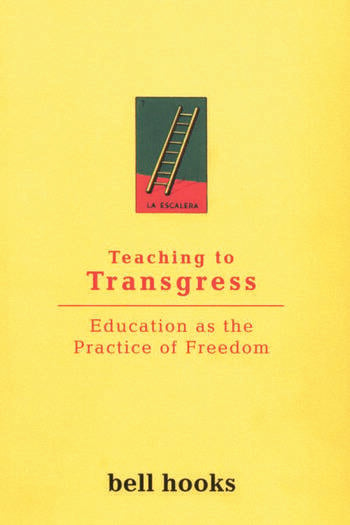Review of 'Teaching To Transgress' on 'Goodreads'
5 stars
In Teaching to Transgress[1], Bell Hooks attacks the authoritarian roots of educational epistemology[2] by asserting a teaching pedagogy that directs teachers to learn with students and find knowledge within themselves, their relationships, and texts: not texts alone.
Hooks makes me thankful for Jennifer Buehler, who taught me this way at SLU and through her example, to engage in the acquisition of knowledge with my own students and reject banking models of education to create a rich, egalitarian class community and pedagogy.
[1]https://slpl.bibliocommons.com/item/show/543261116
[2]the theory of knowledge, especially with regard to its methods, validity, and scope. Epistemology is the investigation of what distinguishes justified belief from opinion.

